When traveling, it’s easy to get caught up in the excitement of new experiences. However, some common habits can quietly drain your budget. These are often overlooked but understanding them can save you money. Let’s explore 15 such habits.
1. Over-Packing
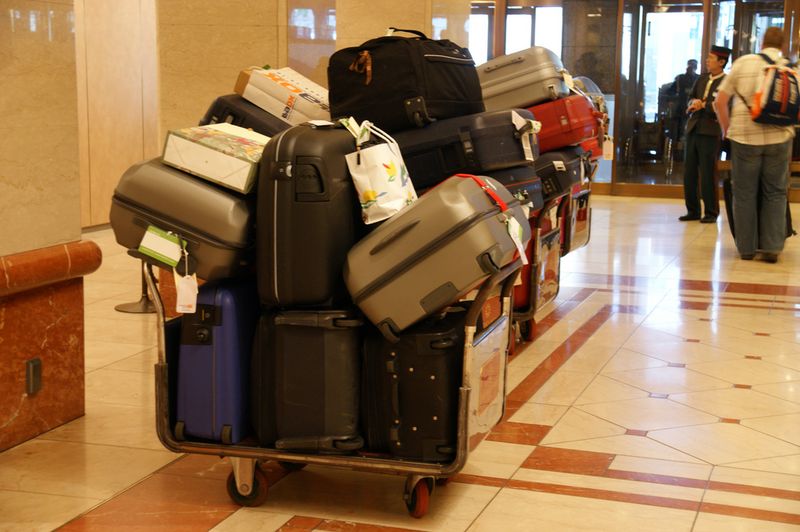
We often pack more than needed, fearing we might miss something essential. However, this can lead to extra baggage fees at airports.
Consider the impact of these charges, especially for budget airlines where fees can be steep. Streamlining your packing can save both money and hassle.
Did you know? The average traveler only uses 60% of what they pack. Rethink your needs and pack smart to avoid unnecessary expenses.
2. Currency Exchange at Airports
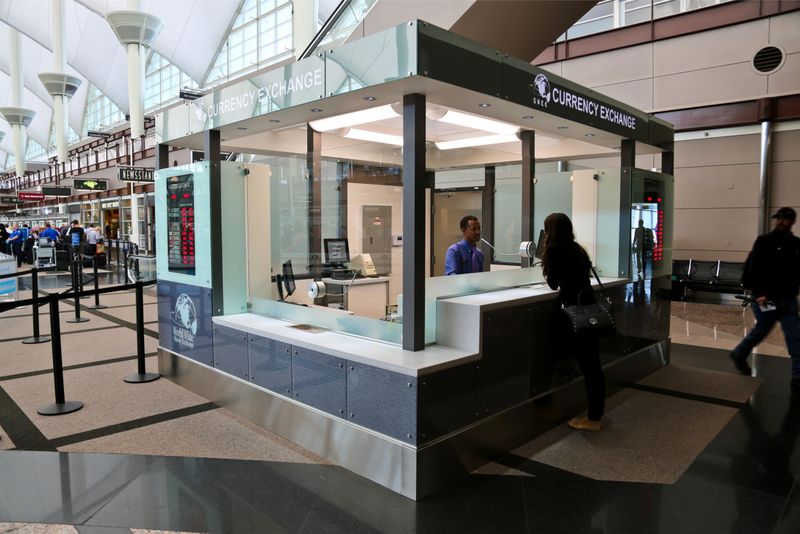
Airport currency exchange counters are convenient but come with hefty fees. They often offer poor exchange rates compared to banks or online services.
Before your trip, plan your currency needs. Use credit cards with no foreign transaction fees or withdraw local currency at your destination for better rates.
Here’s a tip: Always check exchange rates before you leave, and consider carrying a small amount of local currency for immediate needs. Avoiding airport kiosks can save a significant amount.
3. Not Checking Local Holidays

Imagine arriving at a destination only to find attractions closed for a local holiday. It can disrupt plans and potentially increase costs if alternatives are pricier.
Researching local holidays in advance helps in planning your itinerary better, ensuring you don’t miss out on key experiences.
Fun fact: Some destinations have unique holidays with events worth attending. Knowing these can enhance your trip while saving money spent on unexpected closures.
4. Ignoring Public Transport
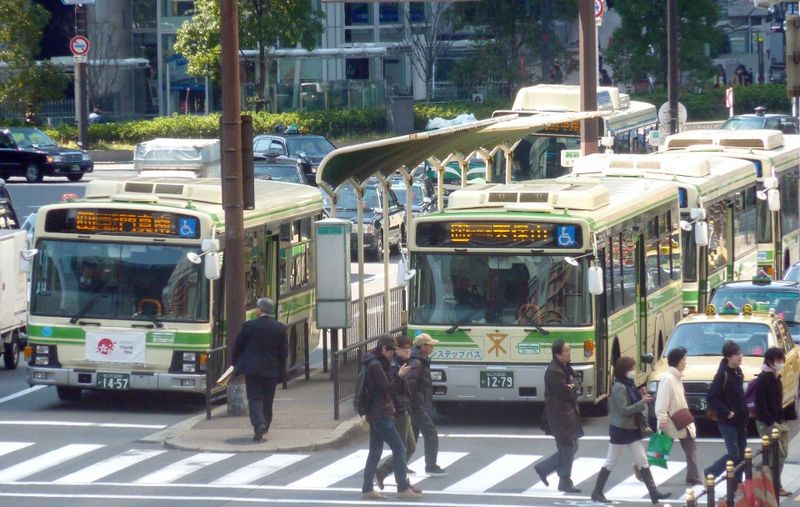
Many tourists opt for taxis or rideshares, overlooking public transport. This habit can inflate travel expenses significantly.
Public transport is not only cost-effective but also gives a taste of local life. Plan routes in advance to avoid unfamiliarity with the system.
Did you know? Public transit systems often offer day passes or tourist discounts. Exploring these options can lead to substantial savings on your journey.
5. Over-Tipping

Tipping well is appreciated, but over-tipping can strain your travel budget. Different cultures have varying tipping norms, and understanding them is crucial.
Learn the local tipping etiquette to avoid spending more than necessary. In some countries, service charges are included in the bill.
Remember: Being informed about tipping customs not only saves money but also shows respect for the local culture. Research before dining out can help manage your expenses wisely.
6. Booking Last-Minute Tours
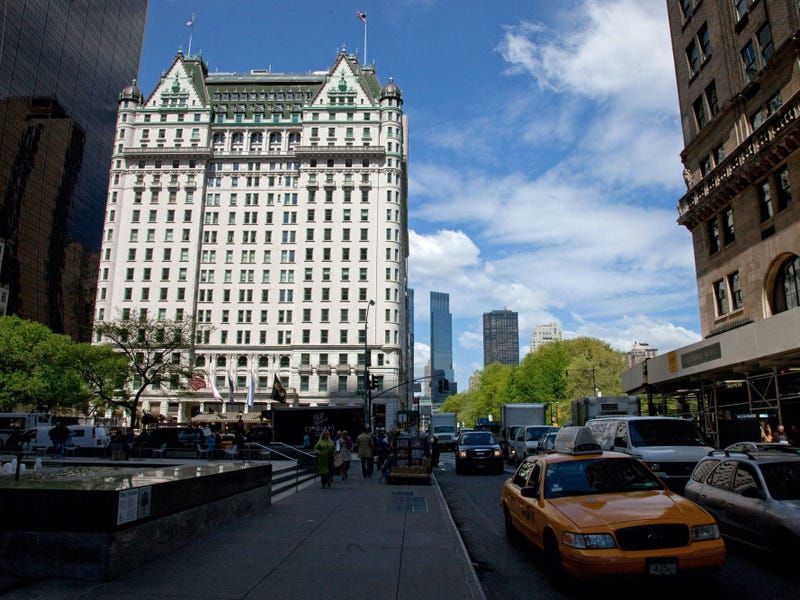
Booking tours at the last minute often means paying premium prices. Tour operators capitalize on urgency, marking up prices for procrastinators.
Plan and book activities in advance to secure better deals and avoid last-minute price hikes. Group bookings can also offer discounts.
Here’s a tip: Compare online deals before your trip. Early planning not only saves money but ensures availability, enhancing your travel experience.
7. Following Guidebooks Blindly
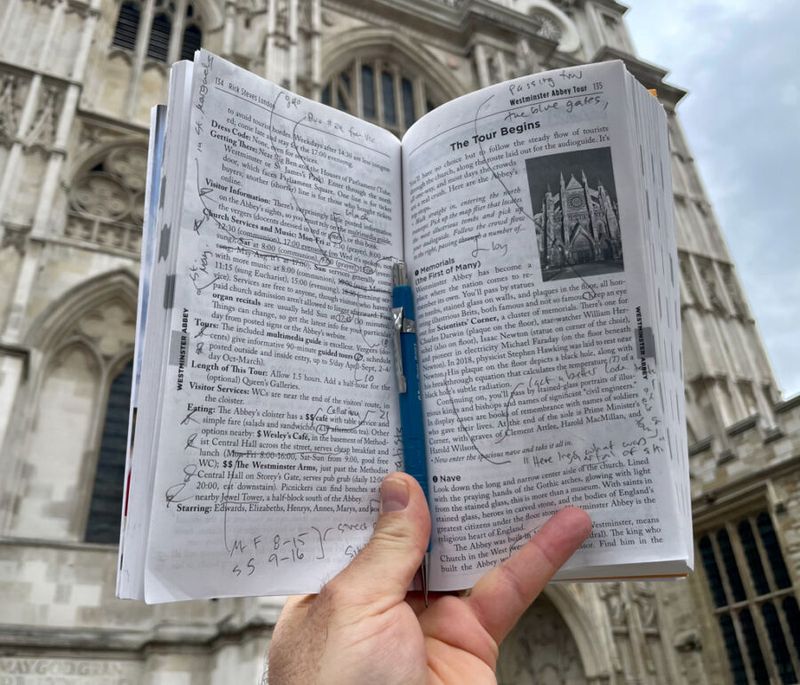
Guidebooks are useful, but sticking to them rigidly can lead to missed opportunities and inflated prices at popular spots.
Venturing off the beaten path often uncovers hidden gems without the tourist mark-up. Engage with locals for authentic experiences and better value.
Did you know? Some guidebook recommendations can be outdated. Keeping an open mind and being flexible with plans can uncover cost-saving opportunities.
8. Buying Souvenirs at Tourist Spots
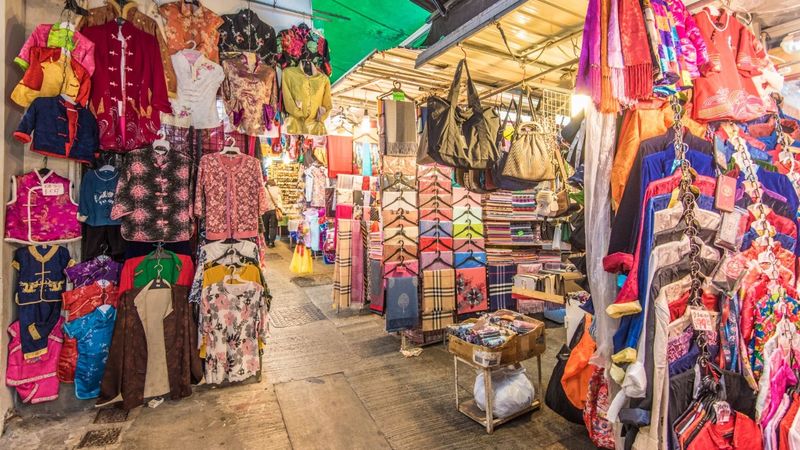
Souvenir shops near tourist attractions often charge a premium. These places capitalize on convenience, leading to inflated prices.
Seek out local markets or shops away from main attractions for better deals and authentic keepsakes. This approach supports local businesses and offers unique finds.
Remember: Bargaining is common in many cultures and can lead to significant savings. Approach with respect and enjoy the cultural exchange while shopping wisely.
9. Skipping Travel Insurance
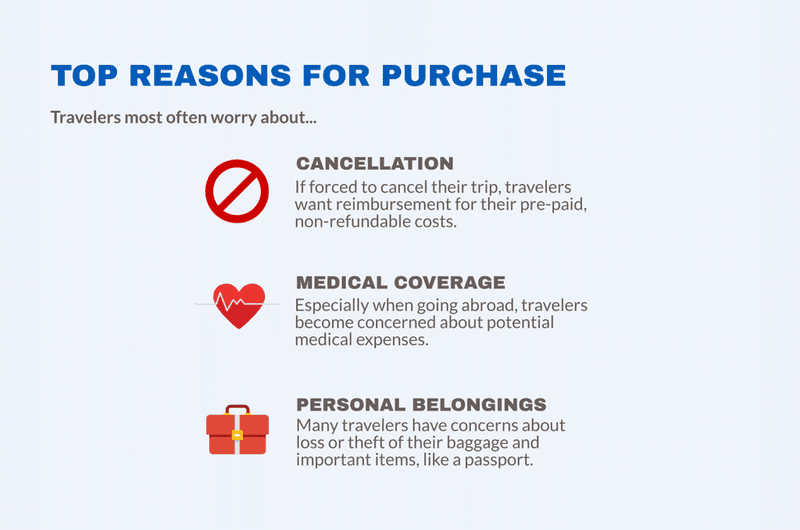
Travel insurance might seem like an unnecessary expense until it’s not. Medical emergencies, lost luggage, or trip cancellations can incur unexpected costs.
Investing in travel insurance provides peace of mind and financial protection against unforeseen events. It’s a small price to pay compared to potential losses.
Fun fact: Many credit cards offer travel insurance as a perk. Check your card benefits before purchasing additional coverage, ensuring you’re not over-insured.
10. Eating Only at Tourist Restaurants
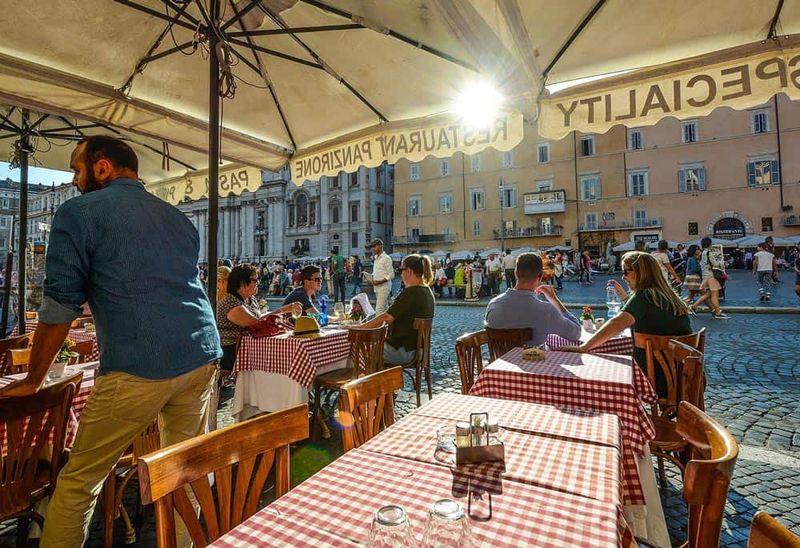
Restaurants near tourist hotspots are often overpriced, catering to visitors’ convenience rather than quality or value.
Exploring eateries where locals dine provides authentic flavors at more reasonable prices. Research local dining spots for a genuine taste of the destination.
Did you know? Street food can be a delightful and economical way to experience local cuisine. Always check reviews or ask locals for recommendations to ensure a tasty and safe meal.
11. Converting Every Price to Home Currency

Constantly converting prices to home currency can lead to stress and skewed perceptions of value. It can prevent you from enjoying the local shopping experience.
Familiarize yourself with the local currency to make informed decisions without the constant need for conversion.
Remember: Understanding relative costs in local terms helps in budgeting accurately. This practice can ease the mental load and enhance your travel enjoyment.
12. Using Roaming Data
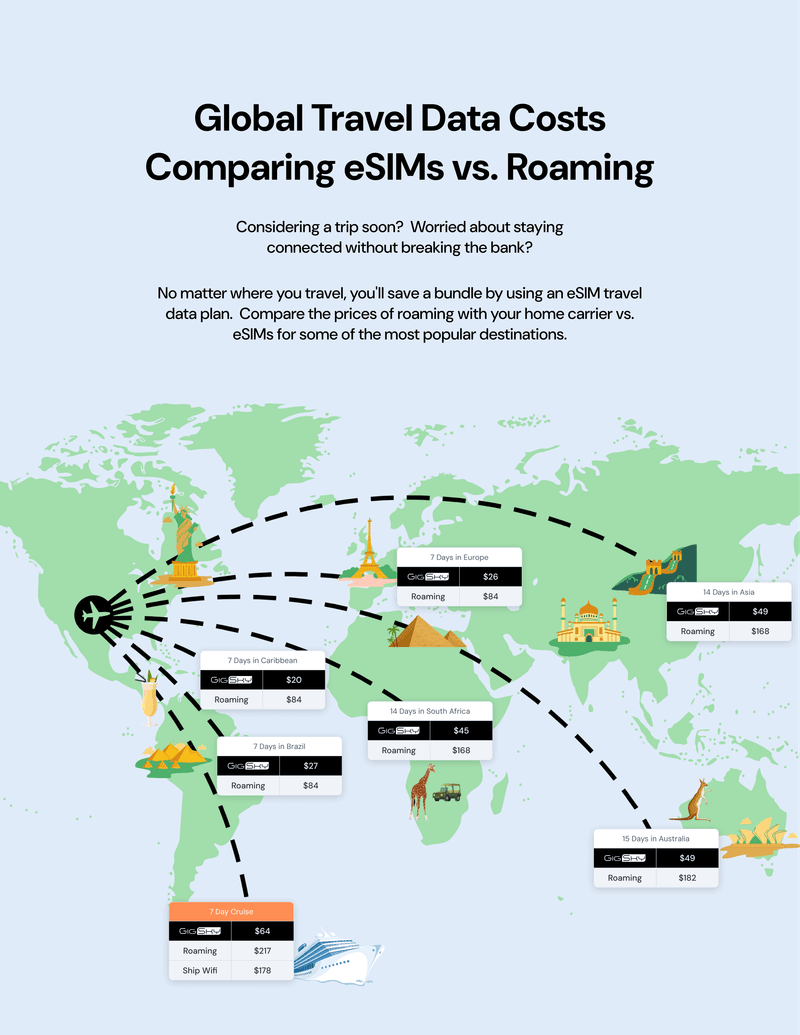
Roaming data charges add up quickly, resulting in shocking phone bills. Many travelers overlook this cost, assuming it’s negligible.
Consider local SIM cards or portable Wi-Fi devices to stay connected affordably. Free Wi-Fi spots in cafes and hotels can also be lifesavers.
Did you know? Some mobile plans offer international coverage. Explore these options before your trip to avoid unexpected charges.
13. Skipping Free Attractions
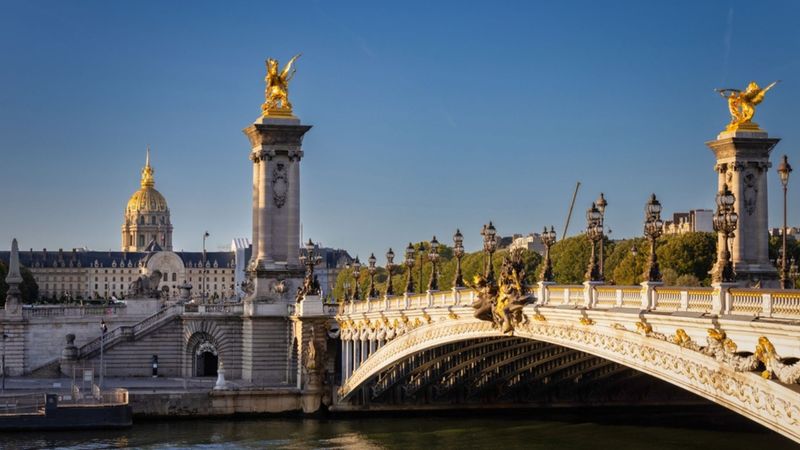
Tourists often overlook free attractions, assuming paid ones offer more value. However, cities are filled with parks, museums, and events that don’t cost a dime.
Researching these options can enhance your trip without increasing your budget. It’s also an excellent way to mingle with locals and experience the culture authentically.
Remember: Free doesn’t mean boring. Many cities offer free guided tours, concerts, and festivals. Check local listings for events during your visit.
14. Not Using City Passes
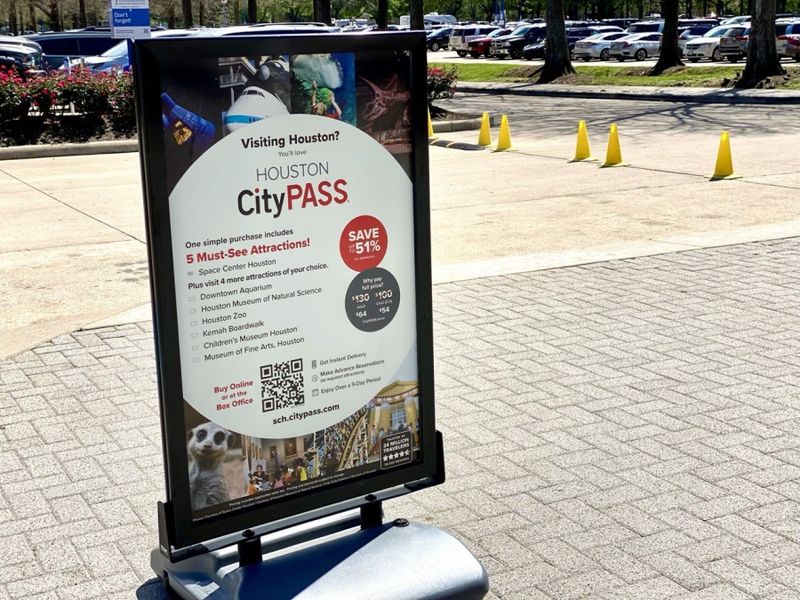
City passes offer access to multiple attractions at a reduced cost. Tourists unfamiliar with these can end up paying full price at each site.
Investing in a pass can provide significant savings, especially if you plan to visit many attractions. They often include public transport discounts as well.
Did you know? Some passes offer skip-the-line privileges, saving time and money. Evaluate your itinerary to see if a city pass aligns with your plans.
15. Paying in Home Currency
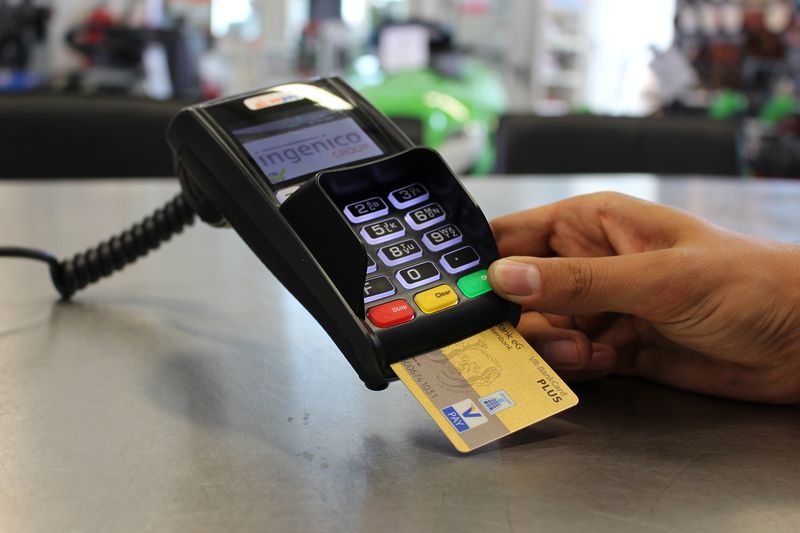
Dynamic currency conversion at payment terminals may appear convenient but often includes hidden fees, leading to higher costs.
Always opt to pay in the local currency to avoid these extra charges. Inform yourself about this option when using your card abroad.
Tip: Check your card’s foreign transaction fees and consider using a card that doesn’t charge them. This practice ensures you’re not paying more than necessary during your travels.



